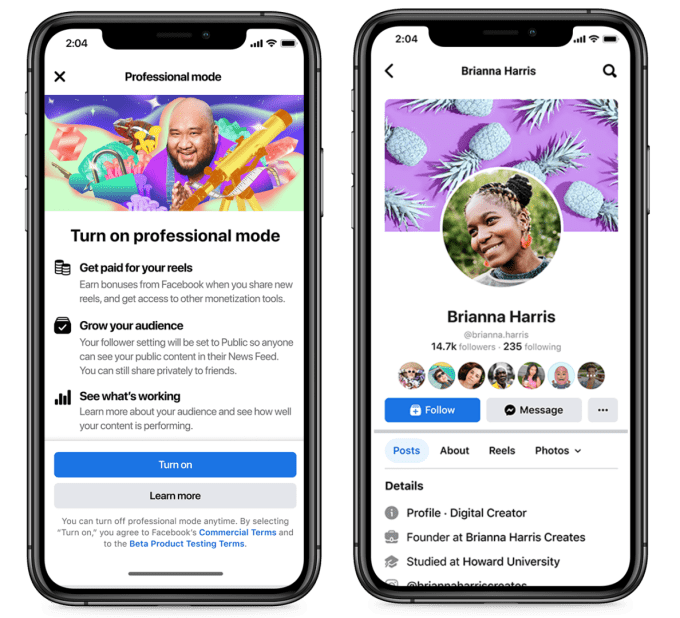After months of nasty contract disputes, Roku this morning announced it’s come to an agreement with Google which will allow it to continue to carry both YouTube and YouTube TV on its platform. Roku declined to share the specifics of the deal terms, beyond saying it’s a multi-year extension that covers both services.
For Roku and Google customers, however, that means they don’t know which party won the battle or what that means for Google’s access to Roku’s user data. During the spat, Roku brought to public attention how Google was allegedly demanding elevated access to customer data which Roku had then described as “outside the realm” of industry-standard practices. It said Google wanted more user data than Roku offered its other customers.
Roku also said that Google had threatened to retaliate by increasing the hardware spec requirements for YouTube TV if it didn’t get its way. That would have meant Roku’s low-end players would no longer have access to the service.
These are hefty complaints. And in the case of the user data-sharing agreements, it seems customers should have the right to know where the decision ended up.
It may be easier to spot which side won when it comes to Roku’s other allegations, however. Roku had said Google wanted preferential treatment of YouTube content in Roku search results and had wanted to override Roku customers’ default settings when the YouTube app was open. For example, if a Roku customer had YouTube open and used voice search to ask for music, Google wanted YouTube Music to play the request, even if the customer had set Pandora as their preferred music app. This should be easy enough to test out when the new agreements go into effect.
Roku had hauled the details of the backroom negotiations into the public in an attempt to gain an upper hand in the disputes, ultimately warning customers in October that negotiations had failed — and that customers may lose access to YouTube TV as a result.
Google, meanwhile, had dismissed Roku’s claims as “baseless,” and denied it had asked for elevated access to user data or to interfere with Roku search results. The company also suggested Roku was attempting to use these allegations (which had a whiff of an antitrust nature to them) as a means to renegotiate a separate deal for the main YouTube app. Given that the new agreement now covers both services, one has to wonder if Roku was successful on that front.
A Roku spokesperson shared the following statement about the new deal:
Roku and Google have agreed to a multi-year extension for both YouTube and YouTube TV. This agreement represents a positive development for our shared customers, making both YouTube and YouTube TV available for all streamers on the Roku platform.
Meanwhile, a Google spokesperson said:
We’re happy to share that we’ve reached a deal with Roku to continue distributing the YouTube and YouTube TV apps on Roku devices. This means that Roku customers will continue to have access to YouTube and that the YouTube TV app will once again be available in the Roku store for both new and existing members. We are pleased to have a partnership that benefits our mutual users.
Google also declined to comment on the nature of the data-sharing agreements under the new contract, only referring back to prior statements it made where it had denied Roku’s allegations.


